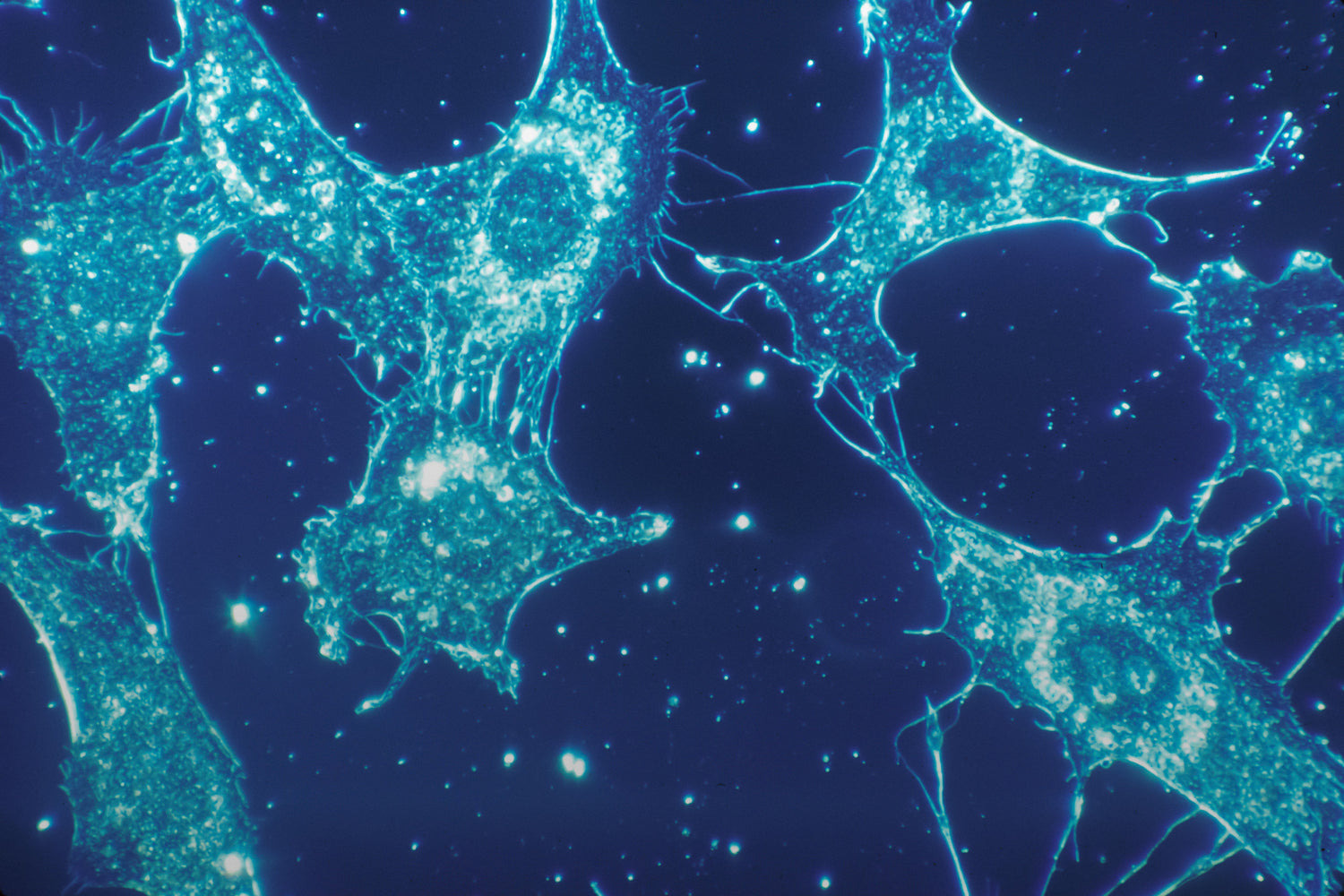Many of us probably have an instinctive sense of what we think the immune system is, without quite realising the sheer wealth of the functions it fulfils in the body. It is a large and complex network of cells, tissues, organs, and substances that plays a major role in keeping your body healthy – for example, when it encounters germs that could lead to the development of disease.
So, we thought we would set out the three major immune system functions, in an easy-to-understand ‘cut out and keep’ guide – and why all of this should matter to you.
- Fighting disease-causing pathogens
When we say ‘pathogens’, we’re referring to the various bacteria, germs, and viruses that you will unavoidably come into contact with on a day-to-day basis.
Indeed, the body is constantly encountering such pathogens, and if you didn’t have an immune system at all, you could be made very ill, very quickly, by such pathogens.
This is just one reason why it is so important to do everything possible to support your immune system, through steps like keeping well-hydrated and prioritising sleep, so that your body can more easily fend off whatever bacteria, viruses, parasites and fungi may come its way.
- Recognising and neutralising harmful substances from the environment
Not all the substances that we come into contact with in the outside world are good for us. Some can be toxic, and a healthy and efficient immune system will detect the substances that pose a risk of harm, so that they can be neutralised.
The immune system does this by recognising and responding to substances known as ‘antigens’. Antigens are often – although not always – proteins, and various non-living substances, such as chemicals, drugs, and toxins, can be regarded as antigens.
The healthier your immune system is, the better the position it will be in to mount a response to such antigens, which it will recognise and attempt to destroy.
- Combating changes in the body that can lead to disease
A lot of people don’t realise that one of the key immune system functions is maintaining a healthy dynamic of cell death and cell regeneration, so that the body as a whole remains in as strong health as possible.
Changes can take place in the body that lead to the development of disease, such as cells malignantly proliferating and causing cancer.
So, it is in your interests to do everything possible to keep your immune system efficient and well-functioning, for many more reasons than just the opportunity to not suffer from the common cold quite so often.
Can we help improve your immune system response?
With there being so many crucial components of the immune system that make such a massive difference to health – encompassing white blood cells, the spleen, thymus, lymph vessels and bone marrow – we realise it can be confusing to get to grips with the various key immune system parts.
Hopefully, the above will have given you a greater appreciation and understanding of exactly what your immune system does.
Whether, at any one time, your immune system is detecting and neutralising harmful substances, tackling changes in the body that pose a risk of disease, or simply defending you against those potentially perilous bacteria and viruses without you even knowing, there can be no doubt it is constantly doing vital work.
Are you interested in learning more about your immune system processes, and how you can improve them? If that case, don’t hesitate to browse the rest of the Tonic Health blog, or to discover our Daily Immunity product that can support your body’s natural immunity, each and every day.






Leave a comment
All comments are moderated before being published.
This site is protected by hCaptcha and the hCaptcha Privacy Policy and Terms of Service apply.